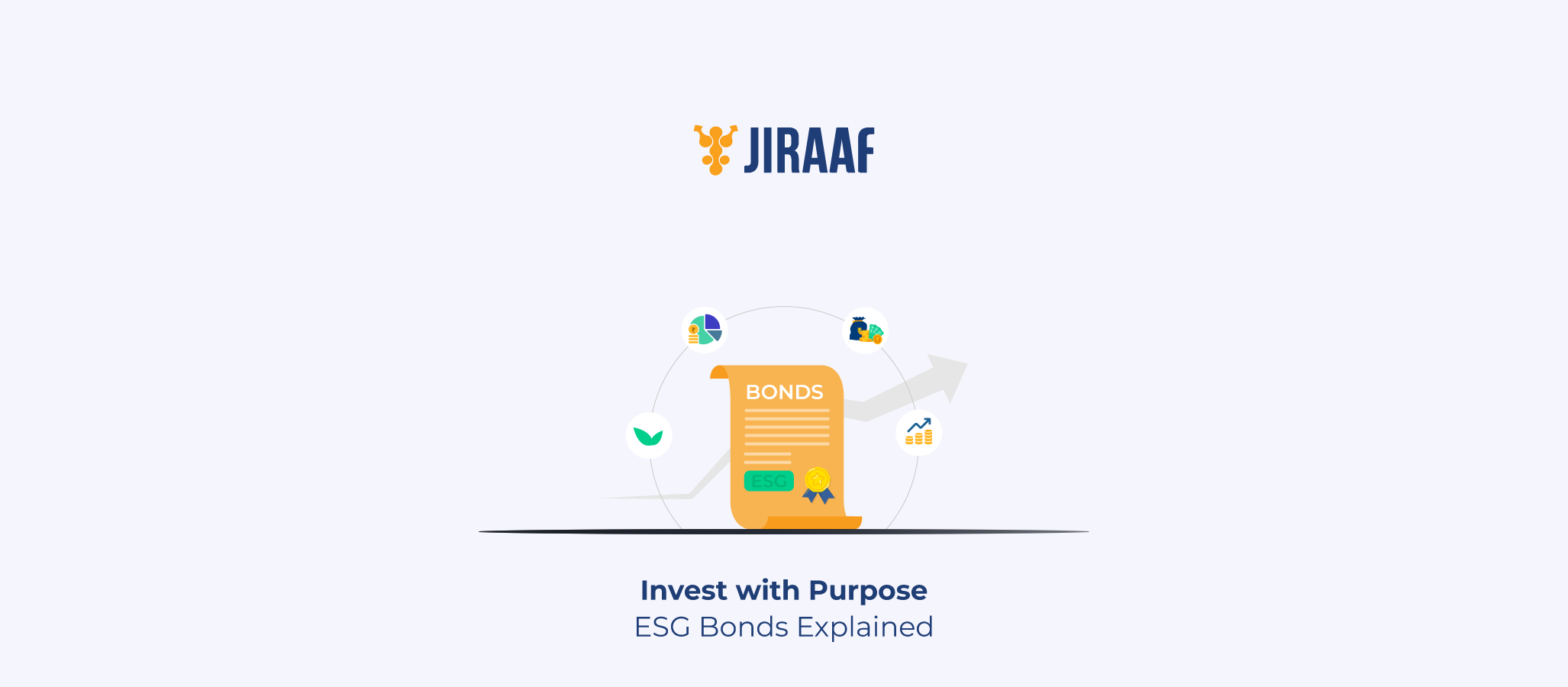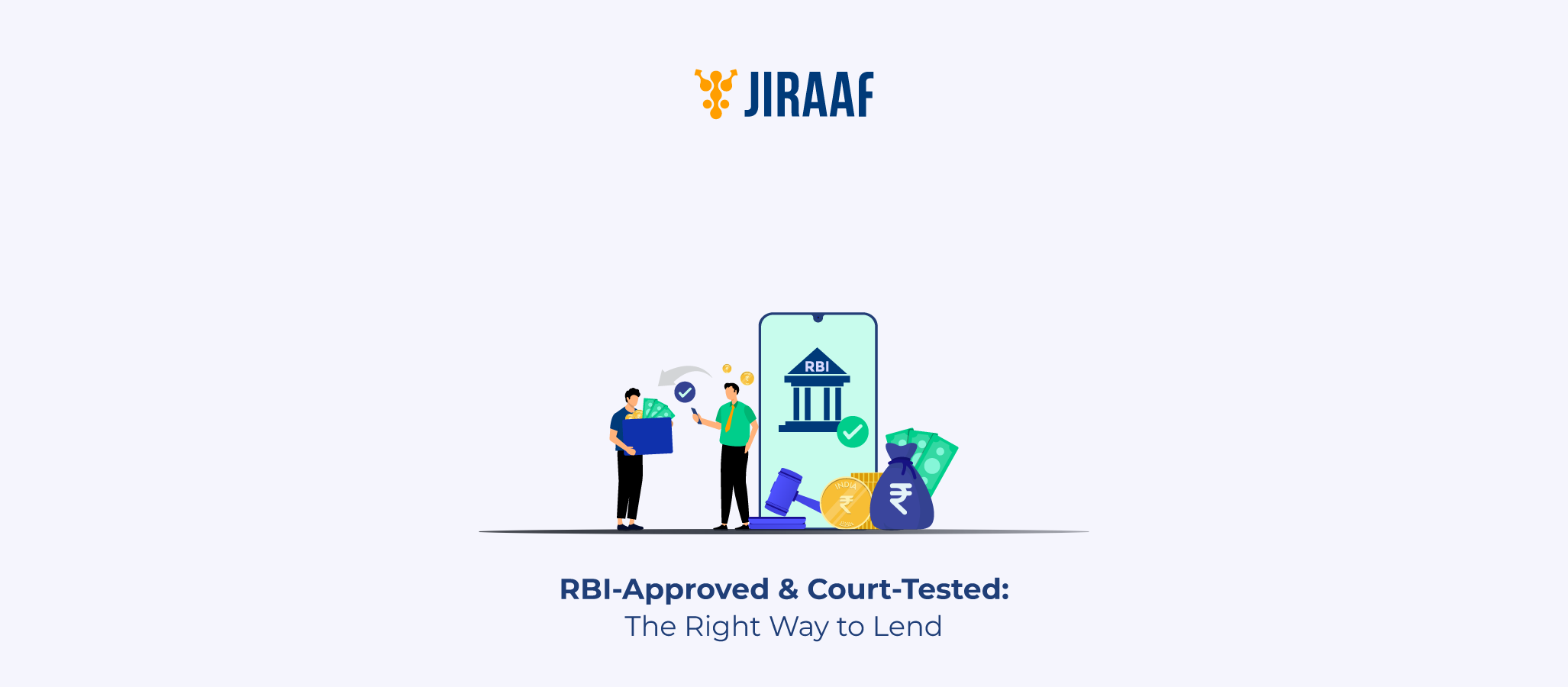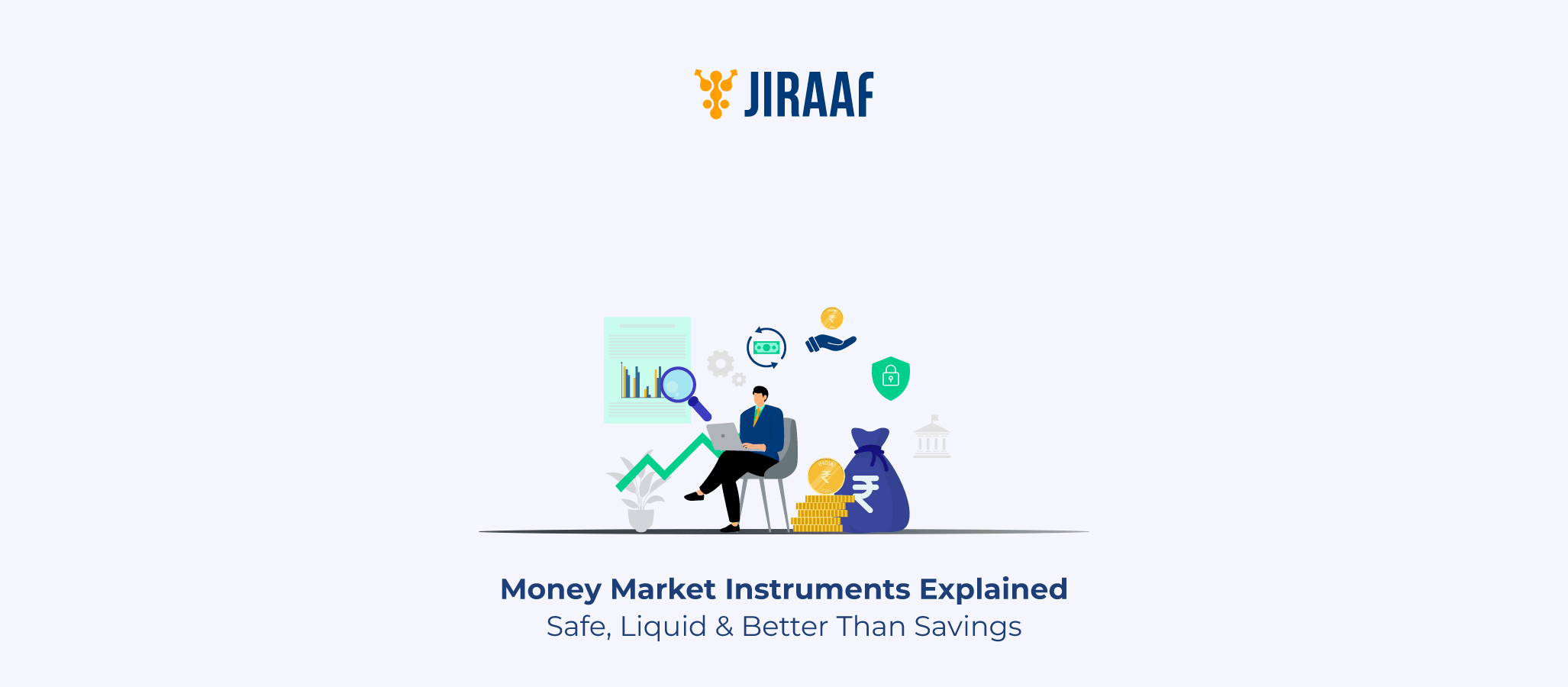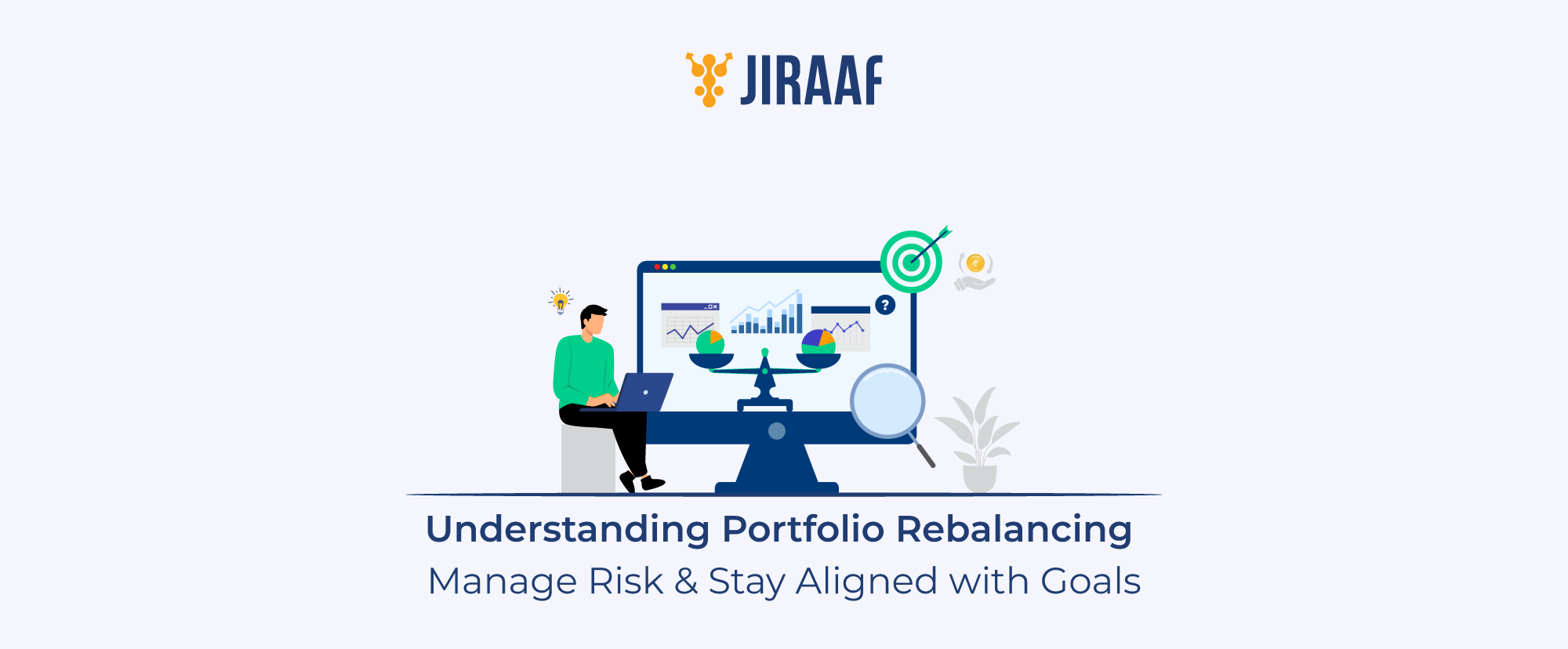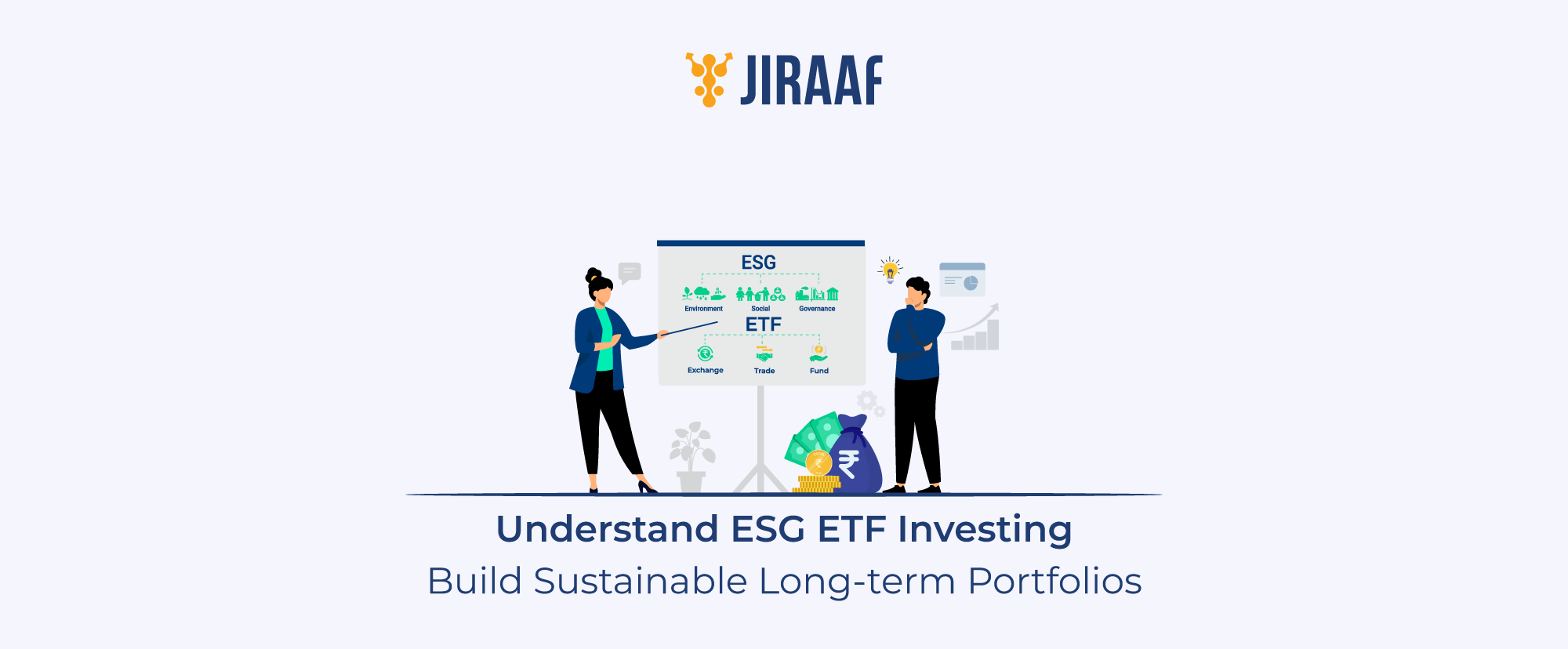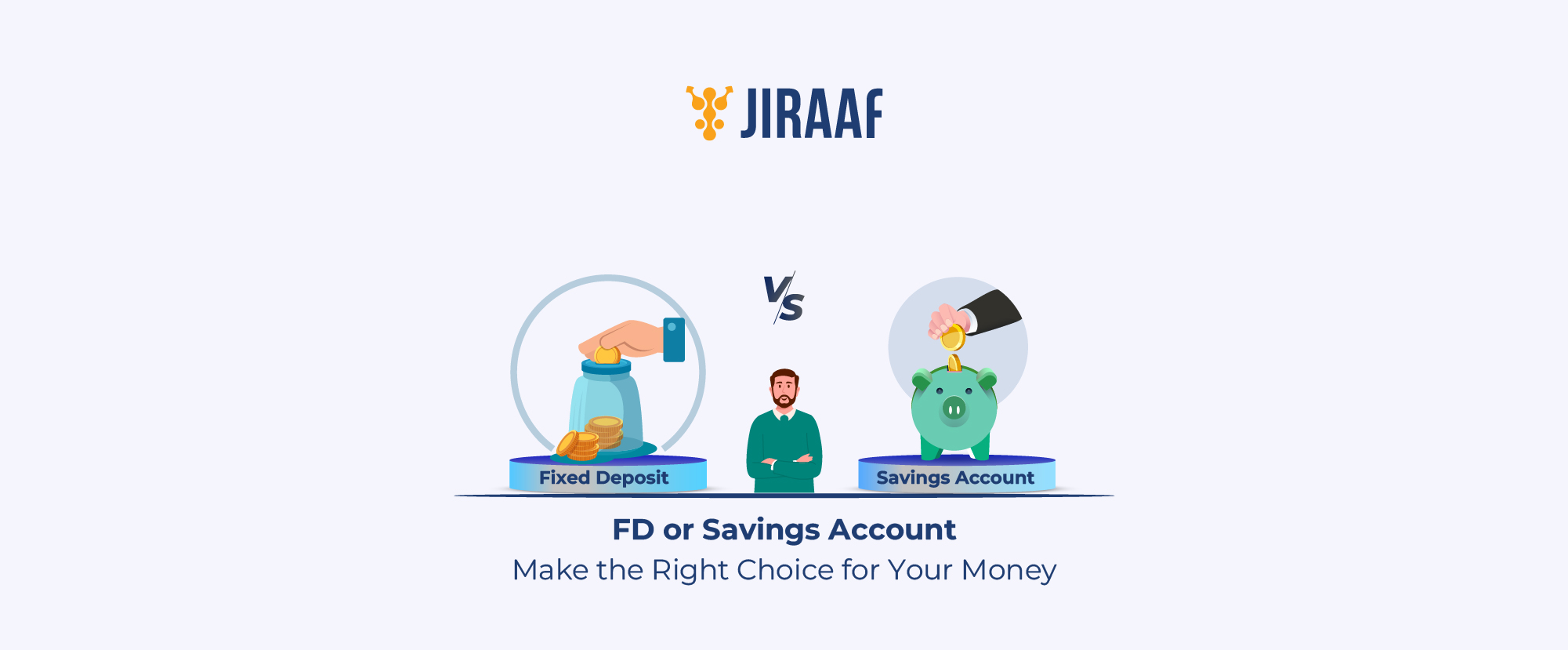Everyone knows that investments are a great way to multiply savings. But what if we told you they’re also a great way to fight climate change, reduce inequality, and promote good governance?
ESG investing is an ethical investment technique that helps you make a positive impact on the world while creating wealth. Environmental, social, and governance (ESG) investing is creating quite a buzz in the financial world as it promotes growth for the right reasons by channelling capital to causes that could go unnoticed in the capitalist world.
Indian investors are exploring ESG investment opportunities as sustainability takes precedence over inconsiderate development. Both equity and debt investment alternatives offer ESG investment options. For equity, it involves investing in socially or environmentally conscious companies, and for debt, it means subscribing to offerings that finance social, environmental, or governance causes.
Today, we will delve into the ESG bonds aspect of sustainable investing. We will unpack the meaning of each aspect of EGS bonds, how they work, and how your interest in ESG investing can incentivize organizations to adopt and adhere to sustainable practices. Read on to learn more!
ESG Bonds Meaning and Full Form
ESGs bonds are outcome-focused credit-rated fixed-income instruments that the central government, PSUs, NBFCs, local governing authorities, corporates, etc., can issue. These bonds raise funds for a specific cause.
ESG is an umbrella term coined to address three different causes. ESG stands for
E – Environment
S – Social
G – Governance
The borrowers use these bonds to finance projects that align with the ESG principles. Examples include clean energy, affordable housing, and ventures to improve governance structures.
How do ESG Bonds Work
The functioning of ESG bonds is similar to that of a regular fixed-income instrument. When you invest in ESG bonds, you are lending money to an organization. The borrower will pay you regular interest and will pay back the principal on maturity. This is true for all debt instruments.
The key difference between ESG bonds and investing in regular bonds is the purpose of the borrowing. ESG bonds borrow money to fund projects that align either with environmental, social, or governance aspect. These borrowings are to serve a purpose or cause that are part of a business initiative, not corporate social responsibility or charity initiatives.
You can think of ESG bonds as regular bonds with a mission. Your investments will earn interest while you support causes that make a difference.
The funds raised via ESG bonds must be utilized for the causes mentioned during the issue, and the borrower must also report on the project’s impact and progress. This transparency helps ESG investors see the difference their investment is making.
Types of ESG Bonds
ESG is an umbrella term encompassing three broad causes. Several types of ESG bonds exist, each focusing on the specific areas of environment and sustainability, social impact, and governance improvement. Here are the four most commonly used ESG bond types:
- Green Bonds
Borrowers use green bonds to raise capital for environmental projects such as clean energy, efficient waste management, enhancing waste recycling abilities, constructing energy-efficient buildings, etc.
Green bonds are probably the most popular ESG investing instruments available to Indians.
Borrowers issue social bonds to finance projects that address social issues such as inequality of income, unavailability of affordable housing, and illiteracy. They fund social causes aimed at community enhancement and inclusion.
Social bonds are gradually gaining prominence in India.
- Sustainability Bonds
Sustainability Bonds combine the best of both worlds. They raise capital for projects that deliver environmental and social impact. Borrowers can use sustainability bonds to raise capital for projects such as a water desalination plant, which will provide clean drinking water to underserved coastal areas.
These bonds are hybrid borrowing instruments bringing together environmental and social projects.
- Sustainability-Linked Bonds
This is where ESG investing gets interesting for investors, as sustainability-linked bonds are not tied to a particular cause. They are issued to help achieve the organization’s long-term sustainability goals, with interest payout being linked to the same. For example, achieving a target, such as reducing CO2 emissions by 40% in 5 years, would result in lower interest, while failure would lead to a higher interest payout.
The interest linked to sustainability goals incentivize borrowers to achieve or overachieve their goals to lower their borrowing costs.
Importance of ESG Bonds
ESG bonds promote ethical growth and conscious development by bringing together investors and organizations with the same value system. They diverge from the growth-at-any-cost mindset while providing investors with regular returns on their investments. Here is why ESG bonds are important and can prove to be a good addition to your ethical investment portfolio:
- Mindful Capitalism
ESG bonds raise capital for for-profit projects that serve a cause. This channels capital to avenues that need a boost, not projects that profit greatly by hurting the environment or community.
When you invest in ESG bonds for affordable housing, you are positively impacting a community’s life while earning a return, as opposed to investing in bonds issued to build a luxury apartment society in a forest area.
- Transparency and Accountability
ESG bonds support a cause, and this cause has to be stated at the time of the issue. This means you will know where your investment will be utilized. Additionally, understanding the cause also means you can choose bonds that align with your ethical investing ideology.
The borrower will also provide regular progress updates once the project is underway. This transparency and accountability will give you a clear idea of where your money is being used, differentiating a regular bond from an ESG bond.
- Portfolio Diversification
ESG investments can comprise both equity and debt. For equity investments, you can choose stocks that align with your ideologies. However, it’s recommended that you don’t keep 100% of your ESG portfolio in equities as they are a high-risk asset, prone to market volatility.
By adding ESG bonds to your ethical investment portfolio, you can benefit from diversification by adding stability and stable returns to your kitty.
In a nutshell, ESG bonds present a long-lasting way of giving back to the society while looking after your investment growth. So, the next question you might have is, ‘How do I invest in ESG bonds?’ The ESG investing process is simple. How to Invest in ESG Bonds ?
Here is where the interesting part starts. We have iterated the importance and benefits of ESG bonds, and now you want to add them to your portfolio. Here is how you can start your ESG bond investments journey:
Direct Investment in ESG Bonds
Investing in bonds is pretty simple. You can follow the steps outlined below:
- Research and select an online bond platform:
Just like equities, bonds can also be bought and sold online. Multiple bond platforms are present in the market today. Select a SEBI-registered platform that offers both government and non-government bond options. Complete your KYC.
- Look for ESG bond options:
The ESG bond market is in its nascent stage in India. This means that there are only a few ESG bond issues and those are always in high demand. As an aspiring investor, you need to keep a close watch and grab the ESG bonds as soon as they become available.
The most prominent example of ESG bonds in India is Sovereign Green Bonds (SGBs) issued by the Central Government. The Central Government plans to raise Rs. 10,000 crores via SGBs in FY 25-26.
- Invest:
You can invest in ESG bonds once you identify opportunities that align with your personal investment goals.
In India, many ESG issues are privately placed and registered in exchanges such as the BSE or the NSE. You can also buy privately placed ESGs on the secondary market as and when they come up for sale.
Another way to expose your portfolio to ESG investment alternatives is by investing in them indirectly via ESG-focused mutual funds.
ESG Mutual Funds
Mutual funds are pooled investment vehicles in which the money collected under each scheme is invested in assets that resonate with the scheme’s vision. A small-cap mutual fund invests in small-cap stocks, and a Nifty50 index fund replicates the index by investing in the index stocks in the same proportion.
Similarly, an ESG mutual fund will invest in assets that meet one of the three ESG goals. Therefore, investing in one ESG mutual fund will expose you to all three aspects.
However, the downside of investing in an ESG fund in India is that there are no dedicated ESG bond mutual funds right now. All the ESG mutual funds invest primarily in equities of companies that resonate with the ESG principles.
Here are the top 3 ESG mutual funds by Assets Under Management (AUM) in India:
| Rank | Fund Name | AUM (in Rs. Crore) | 3-year CAGR |
| SBI ESG Exclusionary Strategy Fund | 5433 | 14.32% | |
| ICICI Prudential ESG Exclusionary Strategy | 1428 | 22.15% | |
| Axis ESG Integration Strategy Fund | 1214 | 14.54% |
ESG mutual funds are a great way to add ethical investments to your portfolio without you having to evaluate every investment opportunity. The only drawback is that they all have high equity allocation.
But, the upside of investing in ESG mutual funds is that you will get a lot of exposure to the governance aspect of ESG, which is missing when talking about ESG bonds. You can add green, social, and sustainable bonds to represent the E and S parts and ESG-themed mutual funds to represent the G part of the theme. This will help you build a complete ESG portfolio, including all the themes and balancing the growth and stability of your investments.
While ESG bonds are gaining popularity in developed countries such as the US, UK, and Europe, let’s examine the ESG bond market in India.
ESG Bonds in India
The Indian bond market, previously dominated by institutional investors, is gradually opening up to retail investors. While the ESG faction of the Indian bond market is growing rapidly, it is still in its infancy. Here is an overview of the Indian bond market from a retail bond investor’s perspective.
Market Overview and Growth
The rapidly emerging Indian debt market is a hotspot for ESG bond issuance as investor preference shifts from money-making to conscious money-making.
According to Bloomberg research, India’s issuance of ESG debt touched a new high of USD 15.6 billion in 2024, surpassing the 2021 record. While this is impressive growth, the number is lower compared to our Asian counterparts, such as China and Japan.
While the ESG market is growing, small retail investors have very few ESG bond opportunities. Most ESG issuances are privately placed, and the secondary market for ESG bonds is not liquid for buyers. This will likely change in the coming years as demand rises.
SEBI Initiatives for ESG Borrowings
Indian market regulator SEBI is taking pivotal steps to shape India’s ESG bond landscape. It has developed a detailed Sustainable Finance Framework for Indian debt market securities that goes beyond green finance.
This framework regulates all the ESG debt issues in India. SEBI’s efforts are bearing fruit as sustainable debt issues are gradually increasing.
Final Thoughts
ESG bonds promote conscious investing while providing a regular income stream. The ESG universe comprises bonds issued for environmental, social, and governance projects.
As an Indian ESG bonds investor, your best bet for ESG investment is the Sovereign Green Bonds issued by the government of India to fund projects such as clean energy, etc.
ESG bond investments can be done online. All you need to do is choose an online bonds platform, complete your KYC, and start your ESG bonds investment journey when the opportunity arises.
